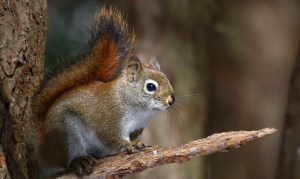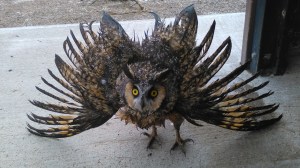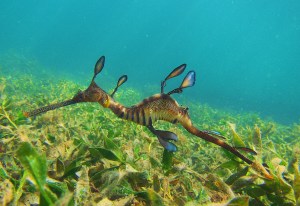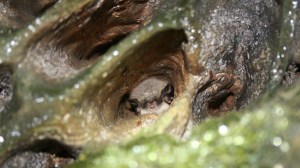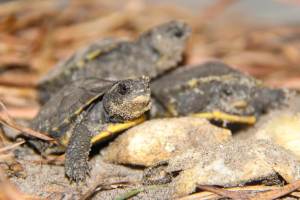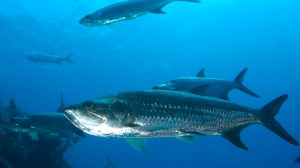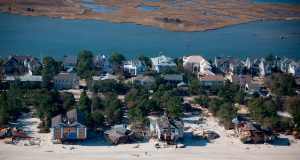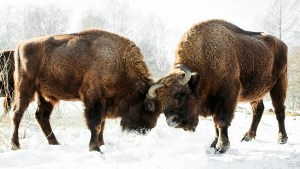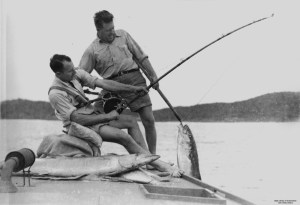Discover stories in Environments
Saved by Sand Dunes
On the five year anniversary of Hurricane Sandy, a return to the Jersey Shore towns saved by sand dunes.
A Brief Field Guide to the Rocks at Blowing Rocks
What, exactly, are the rocks at the Conservancy's Blowing Rocks preserve? And why do they sometimes blow like geysers?
Give Me Shelter
Our writer is in Cape May during fall migration. She could be birding, so why is she climbing around on a roof without her binoculars instead?
Can Pine Squirrels Change the Evolution of a Forest?
Could the loud but small pine squirrel have an outsized impact on how Western U.S. forests look?
Owls in the Outhouse: Opening the Bathroom Door on a Foul Bird Issue
There’s an owl in the toilet – and that’s not a joke. Here’s why birds get into outhouses and what we can do about it.
Reef Cam: An Underwater View of an Australian Rocky Reef
Check out a live underwater view of a rocky reef in Melbourne, Australia, and then watch the gannet cam above the surface!
Threatened Bats Find a Slice of Paradise in New Jersey
Protected forests, like the one at High Mountain Preserve and others yet to be found, give bats that were devastated by white-nose syndrome room to reproduce and recover.
Tracking Little Turtles on the Prairie
What do you do if you only have 8 known Blanding’s turtles in the population you’re studying at Illinois’s Nachusa Grasslands Preserve? Get out the hoop traps and the sardines.
Recovery: Restoring Decency to Tarpon Tournaments
Can fishing tournaments treat the tarpon, a fish nobody eats, with the respect it deserves?
Coastal Wetlands Prevented $625M in Property Damage During Hurricane Sandy
Put a dollar value on it: engineers, ecologists and risk modelers team up to measure the value of coastal wetlands for reducing hurricane risk.
The Remarkable Story of How the Bison Returned to Europe
Yes, the bison roams across Europe. And the story of its conservation rescue may be even more dramatic than that of its American counterpart.
Fish Tales: Sourcing Recreational Fisheries Data from Newspaper Records
Scientists successfully used historical newspaper records to gather data on recreational fishing in Australia's Noosa Estuary, revealing declines in the fishery over time.



